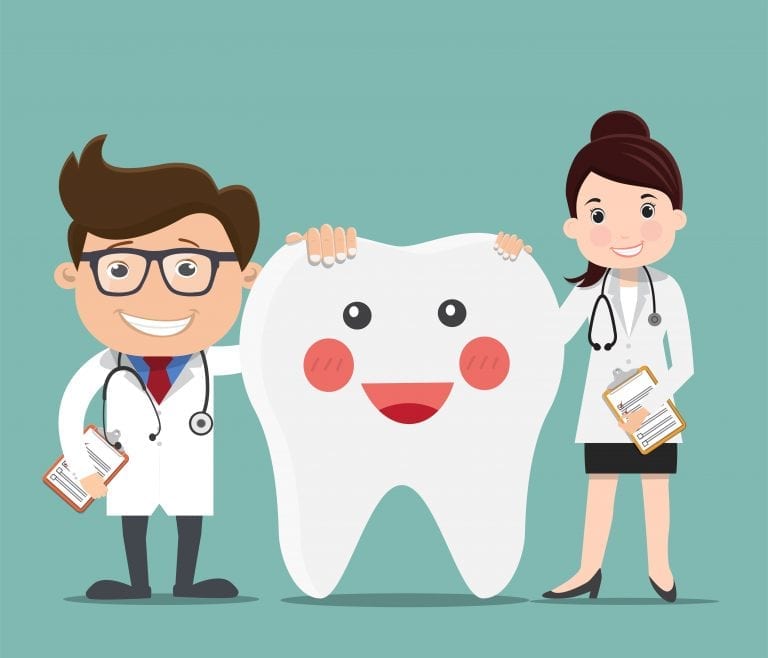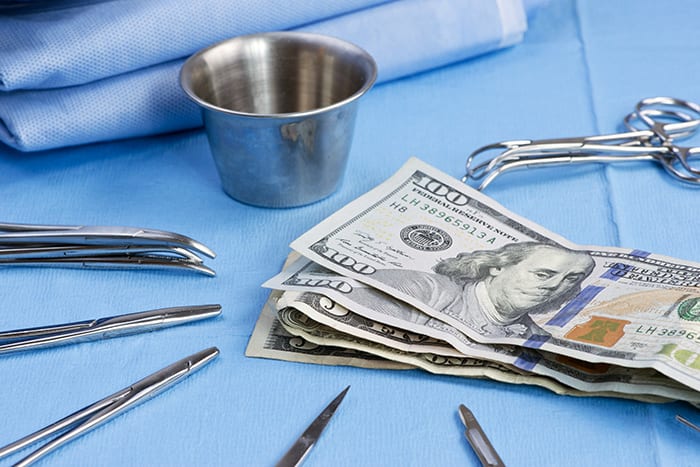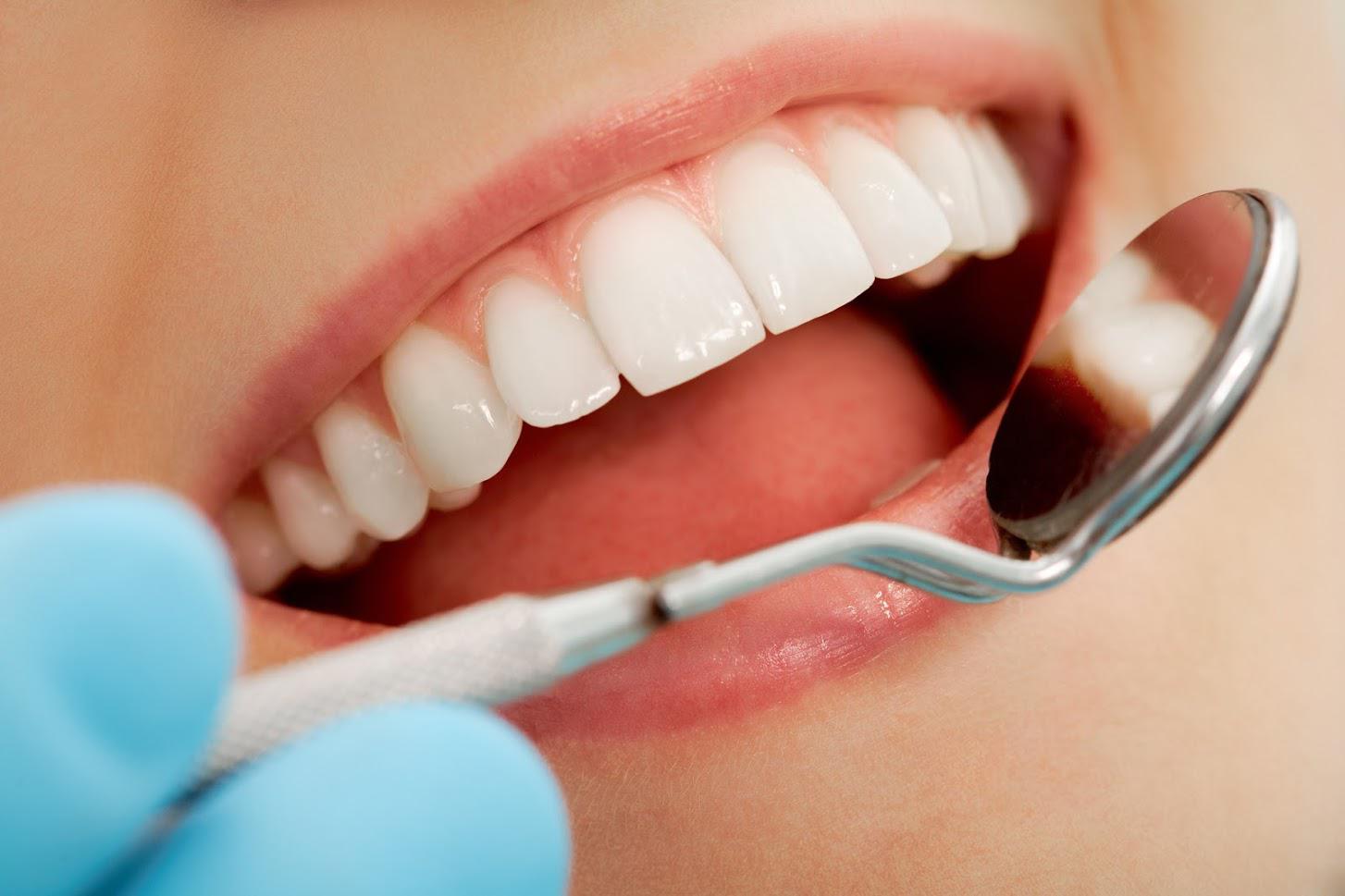THE IMPORTANCE OF REGULAR DENTAL CARE
Throughout our entire lives, we have all been told that brushing twice a day for two minutes is necessary for healthy teeth. But how many of us can honestly say that we brush on a regular schedule?
According to an unofficial Yahoo poll, almost half of men and even more of women only brush once per day for an average of 30 seconds. When you add regular dental visits and flossing on a daily basis, the number of people who practice good oral hygiene falls even further.
In point of fact, the Centers for Disease Control and Prevention (CDC) state that nearly half of adults over the age of 30 suffer from various levels of gum disease, and that a quarter of Americans suffer from some form of untreated tooth decay. the majority of them are the result of poor oral hygiene. Despite the fact that the Surgeon General refers to it as a "silent epidemic," the solution to the issue is right in front of us. So, why is it so hard for us to follow the advice of the experts?

Why it's so critical to get regular dental care
There are always a few reasons why people don't take good care of their teeth. The most common justifications include not having enough money, time, or interest. However, the minimal amount of time and money required for proper care far outweighs the inherent risks of not taking care of your teeth. So, what are some of the dangers of not getting regular dental care?
- A Not-So-Pretty Smile: This first one pretty much says it all. On the off chance that you need a white shining grin, it's critical to appropriately clean and floss your teeth. If you don't brush your teeth properly, plaque will build up and leave behind an unsightly yellow coating. The absence of brushing won't help your breath either.
- Tooth Loss: Improper oral hygiene is a frequent cause of tooth loss. 69% of people between the ages of 35 and 44 have lost at least one permanent tooth to decay by that time, and by the time they are 50, that number rises to 12 (this number includes wisdom teeth). In addition to affecting your smile, losing a permanent tooth can increase your risk of depression and anxiety as well as bone loss.
- Gum Disease: While minor gingivitis is a common problem that can be fixed with good oral hygiene, severe gum disease is more difficult to treat and can have a significant impact on your health as a whole. Poor oral hygiene has been linked to everything from diabetes to heart disease in recent studies.
- Bone Loss: Gum disease can cause your teeth's supporting bones to become infected with bacteria if it progresses to a more serious stage. This can have an impact not only on the function of your jaw bone as a whole but also on the loss of teeth.
- Cancer and Other Major Problems: Serious health problems don't always have to get that bad. If you go to the dentist every six months, it will be much easier to keep track of your health and find small issues before they become major, which will save you money and improve your overall health.

The Price of Poor Care
While we typically are aware of the potential health issues that can result from inadequate dental care, we do not always take into account the associated costs. Let's look at the costs of some common dental procedures, starting with the least expensive option, just to put things in perspective. preventable treatment.
- Standard Teeth Cleaning: Standard teeth cleanings are considered preventative care and should be performed every six months. During these appointments, the dentist will typically take X-rays once a year to make sure there are no hidden cavities beneath the surface. Dental insurance plans typically cover 100 percent of the cost, which is typically around $127 without insurance.
- Composite tooth filling: Your dentist may discover a cavity that needs to be filled despite your best efforts to maintain your teeth. When this occurs, he will arrange for you to return for the cavity to be extracted. If you don't have insurance, the average cost of a filling is around $204 and is typically covered by standard dental insurance for between 50% and 80% of the procedure.
- Dental work: Occasionally, a dentist is required to remove teeth. A tooth may need to be extracted for a variety of reasons, including decay and impaction (such as a wisdom tooth). If you have a diseased tooth that needs to be extracted, you can expect to pay up to $750 out of your own pocket and an average of $416 with insurance.
- Root Canal: If a cavity isn't fixed, decay can get worse, and a root canal might be needed one day. The nerve and pulp of a tooth are removed during a root canal procedure. After that, the tooth is cleaned and resealed to prevent an additional infection. A root canal costs an average of $608 for a front tooth and $333 for a back tooth with insurance. Those costs rise to an average of $1,156 for a front tooth and $957 for a back tooth without insurance.
- Dental Crown: When decay becomes severe, crowns are another treatment option. If a significant portion of the tooth has decay, the dentist will glue a porcelain cap over the decayed portion and place it on top of the healthy tooth to restore stability and function. A crown that is covered by dental insurance will cost an average of $618, while one that is not covered by insurance will cost around $1093.
When examining the procedures described above, it becomes immediately apparent that preventable care is the most cost-effective option. Even though going to the dentist on a regular basis and brushing your teeth doesn't guarantee that you won't have any oral problems in the future, regular visits to the dentist do make it possible for the dentist to catch and fix minor issues before they become major expenditures and health risks.

Advantages of Proper Dental Care
Let's now take a look at some of the advantages of maintaining proper oral hygiene now that we have a better understanding of the costs and consequences of poor oral hygiene.
Early Detection: When you go to the dentist, it might seem like all they do is power clean your teeth and poke you with sharp objects around your mouth. However, you might be surprised to learn that the exact opposite is true. In addition to cleaning your teeth when you go to the dentist on a regular basis, the dentist may also perform the following activities:
- Checking your gums for any deep gaps or infected areas. This could be a sign of early gum disease, which can be completely reversed if caught early.
- Checking for dental decay. Your dental specialist will do a careful assessment of your teeth, including x-beams one time each year, to decide if depressions are available in any of your teeth. Even though fillings aren't very fun, they are a better option that's also much cheaper! rather than having to endure a crown or root canal if treatment is delayed.
- Monitor and clean any residual plaque and tartar. If not treated, tartar, a hard substance made from hardened plaque, can lead to tooth decay. Plaque cannot be removed by brushing and flossing once it has turned into tartar. Using specialized instruments to chip it away from the surface of your teeth, only your dentist can remove it.
- Performing preventative exams for oral cancer. Your dentist will examine your face, neck, tongue, and throat on a regular basis for any abnormalities that might indicate the early stages of oral cancer. Success rates dramatically rise when caught early.

Proper Oral Care in Children
Adults also need to take good care of their teeth, but children especially need it. Poor dental care can have serious effects beyond the mouth itself because children are still developing not only their teeth but also their bodies and brains. Poor oral hygiene can have a number of negative effects on children, including but not limited to:
- Oral Pain and Discomfort (Eating can be affected)
- Increased Chances of Illness
- Higher instances of insomnia
- Higher rates of admission to the hospital
Children who have bad oral hygiene habits are also more likely to have more serious problems like cognitive impairment, chronic illnesses, and a variety of psychosocial problems like mood swings, depression, and withdrawing from social situations. Dental hygiene for children is similar to that for adults: brush twice daily and visit the dentist once every six months. Make sure to keep an eye on how much fluoride your child is taking in. Make sure to use toothpaste without fluoride for children under the age of three, and limit children between the ages of three and eight to brushing with no more than a pea-sized amount each time. Due to the possibility of swallowing, the ADA discourages the use of mouthwash by children.
It is not hard to keep one's oral health in good shape. Floss once a day, brush twice a day for two minutes, and go to the dentist every six months. Only that is it.










Thanks for reading my blog ❤️